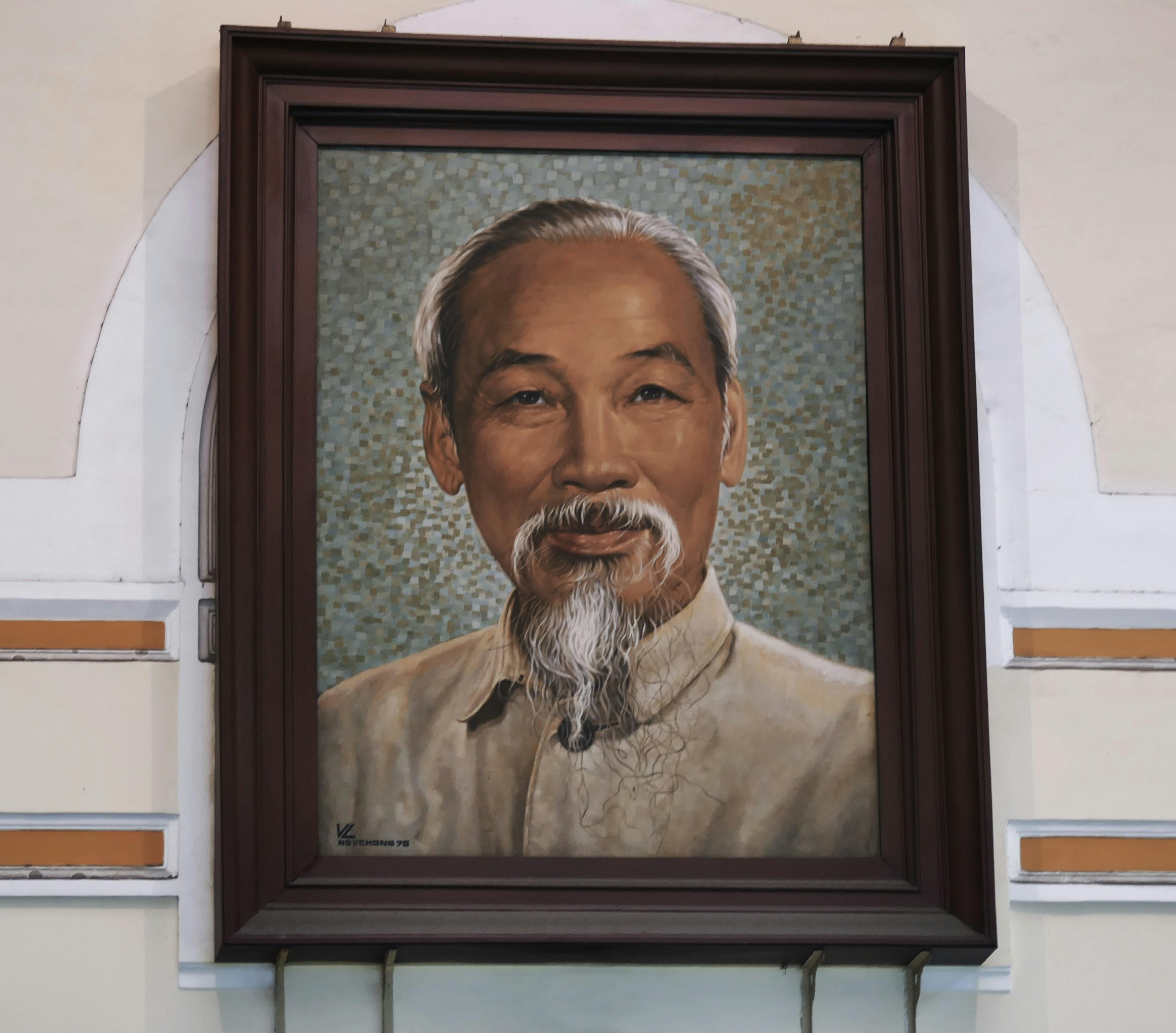The trajectory of Parasite“>Bong Joon-ho‘s career is a testament to the power of storytelling that transcends cultural and linguistic boundaries. Emerging from South Korea’s vibrant film industry, Bong has become a global cinematic icon, celebrated for his distinctive ability to weave social commentary with genre-defying narratives. This article explores Bong Joon-ho’s ascent from his early work in “Memories of Murder,” a film that intricately blends crime and societal critique, to his meteoric rise to international fame with the Oscar-winning “Parasite.” By analyzing the thematic and stylistic evolution of Bong’s filmography, we aim to understand how his unique vision has captivated audiences worldwide and reshaped contemporary cinema.
Bong Joon-hos Early Career and Influences
Bong Joon-ho’s ascent in the cinematic world is a fascinating tale rooted in his early career and diverse influences. Born in Daegu, South Korea, in 1969, Bong was deeply inspired by his father, a graphic designer, and his grandfather, a noted author. These familial ties to the arts laid the groundwork for his storytelling prowess. He attended Yonsei University, where he studied sociology, a field that honed his understanding of societal structures and human behavior, elements that would later permeate his films. During this time, Bong also joined the university’s film club, igniting his passion for cinema and providing him with a platform to experiment with filmmaking techniques.
- Global Cinema: Bong was heavily influenced by a broad spectrum of international directors, including Alfred Hitchcock, Martin Scorsese, and Claude Chabrol. These influences are evident in his intricate plot structures and mastery of suspense.
- Social Commentary: His sociological background is reflected in his films’ themes, which often critique social and economic disparities.
- Korean Culture: Bong incorporates elements of Korean culture and history, crafting narratives that resonate on both a local and global scale.
Through a blend of global cinematic influences and a keen insight into societal dynamics, Bong Joon-ho developed a unique voice that challenges and captivates audiences worldwide. His early works, marked by this distinct style, laid the foundation for his eventual rise to international acclaim.

Analyzing the Breakthrough Success of Memories of Murder
The film, directed by Bong Joon-ho, marked a significant turning point in South Korean cinema, capturing international attention with its meticulous storytelling and innovative approach. Memories of Murder transcends the conventional boundaries of the crime thriller genre, employing a multi-layered narrative that delves deep into the socio-political landscape of 1980s South Korea. This complexity is coupled with a profound character study, highlighting the flawed humanity of the detectives portrayed, which resonates on a universal level. The film’s success can be attributed to several key factors:
- Authentic Storytelling: Based on true events, the film presents a raw and unflinching depiction of the challenges faced by law enforcement, adding a layer of authenticity that engages audiences.
- Visual and Narrative Style: Bong Joon-ho’s signature style combines elements of dark humor, tension, and drama, creating an engaging and thought-provoking cinematic experience.
- Character Development: The depth given to each character allows viewers to connect on an emotional level, adding to the film’s impact and memorability.
These elements combined to create a film that not only entertained but also provoked thought, establishing Bong Joon-ho as a filmmaker with a unique voice and vision, setting the stage for his subsequent rise to global fame.

Thematic Evolution and Cinematic Techniques in Bong Joon-hos Films
Bong Joon-ho’s cinematic journey is a fascinating study in thematic evolution and the innovative use of film techniques. Throughout his oeuvre, one can observe a consistent exploration of societal issues, often with a satirical edge. “Memories of Murder” introduced audiences to Bong’s adeptness at blending genres—combining crime thriller elements with dark humor to critique societal and institutional inefficacies. This film set the stage for Bong’s signature style, where the mundane and the absurd coexist seamlessly, offering both entertainment and reflection.
As Bong’s career progressed, his films like “The Host” and “Snowpiercer” expanded these themes on a global scale, delving into environmental concerns and class struggles. His technical prowess is evident in his meticulous attention to detail and visual storytelling. Bong’s use of visual metaphors and juxtaposition—like the contrasting worlds of the rich and poor in “Parasite”—is both bold and thought-provoking. His strategic use of color palettes, camera angles, and sound design further enhances the narrative depth, creating immersive experiences that resonate with audiences worldwide. Bong’s films are a testament to his ability to evolve thematically while employing a rich tapestry of cinematic techniques to convey complex social commentaries.
- Genre Blending: Seamless integration of various genres.
- Visual Storytelling: Use of metaphors and contrasts.
- Societal Critique: Commentary on class and societal structures.

Strategies for Aspiring Filmmakers Inspired by Bong Joon-hos Journey
Bong Joon-ho’s ascent in the film industry offers a compelling roadmap for aspiring filmmakers. Embrace your roots by drawing from personal and cultural narratives, as Bong did with his early works like “Memories of Murder,” which are deeply embedded in Korean history and society. This authenticity can resonate globally, as audiences often seek genuine storytelling that transcends cultural barriers.
- Collaborate with a dedicated team: Bong’s consistent collaboration with a trusted group of actors and crew members has been pivotal. Cultivating a team that shares your vision can lead to a cohesive and dynamic creative process.
- Experiment with genres: Bong’s ability to blend genres—such as combining thriller elements with social commentary—demonstrates the power of versatility. Don’t be afraid to push boundaries and explore new cinematic territories.
- Commit to a unique vision: Maintaining a distinct voice and style, as Bong has done, ensures that your work stands out in a crowded industry. This dedication to originality can be your most valuable asset.
By integrating these strategies, filmmakers can cultivate a distinct identity and craft stories that captivate and challenge audiences, following in the footsteps of Bong Joon-ho’s illustrious career.
In Retrospect
In examining the trajectory of Bong Joon-ho’s career, from his early work in “Memories of Murder” to his ascent to global recognition, it is evident that his rise is a testament to the power of storytelling that transcends cultural and linguistic barriers. Bong’s ability to weave intricate narratives with socio-political undertones has resonated with audiences worldwide, propelling him to the forefront of international cinema. His films, characterized by a unique blend of genre-bending elements and sharp social commentary, have not only garnered critical acclaim but have also sparked important conversations about class, identity, and the human condition.
As Bong Joon-ho continues to explore new creative territories, his influence on both the South Korean film industry and global cinema remains profound. His journey underscores the importance of authentic voices in filmmaking, capable of bridging diverse perspectives and fostering a deeper understanding across cultures. While his past works have solidified his reputation as a visionary director, the future holds promise for further innovation and exploration in his storytelling. Ultimately, Bong Joon-ho’s rise is not merely a personal triumph but a reflection of the evolving landscape of cinema, where diverse narratives and unique voices are increasingly celebrated on the world stage.
